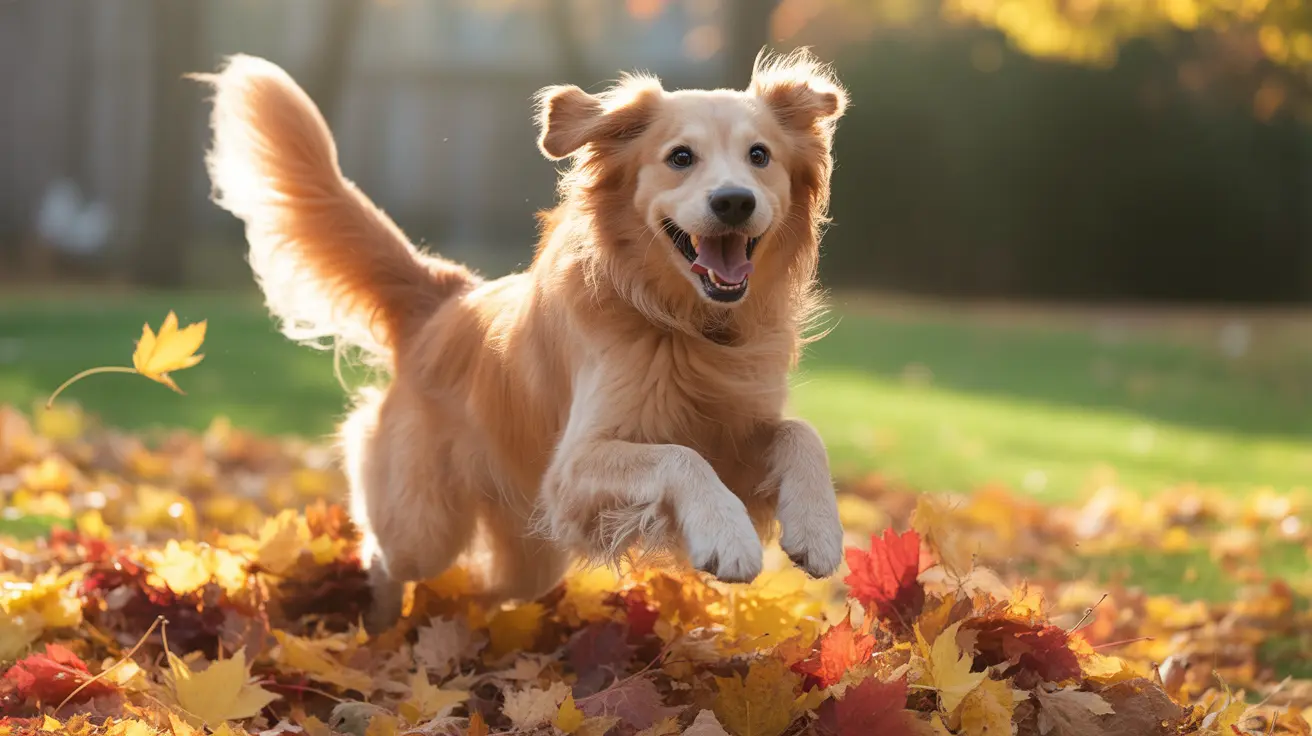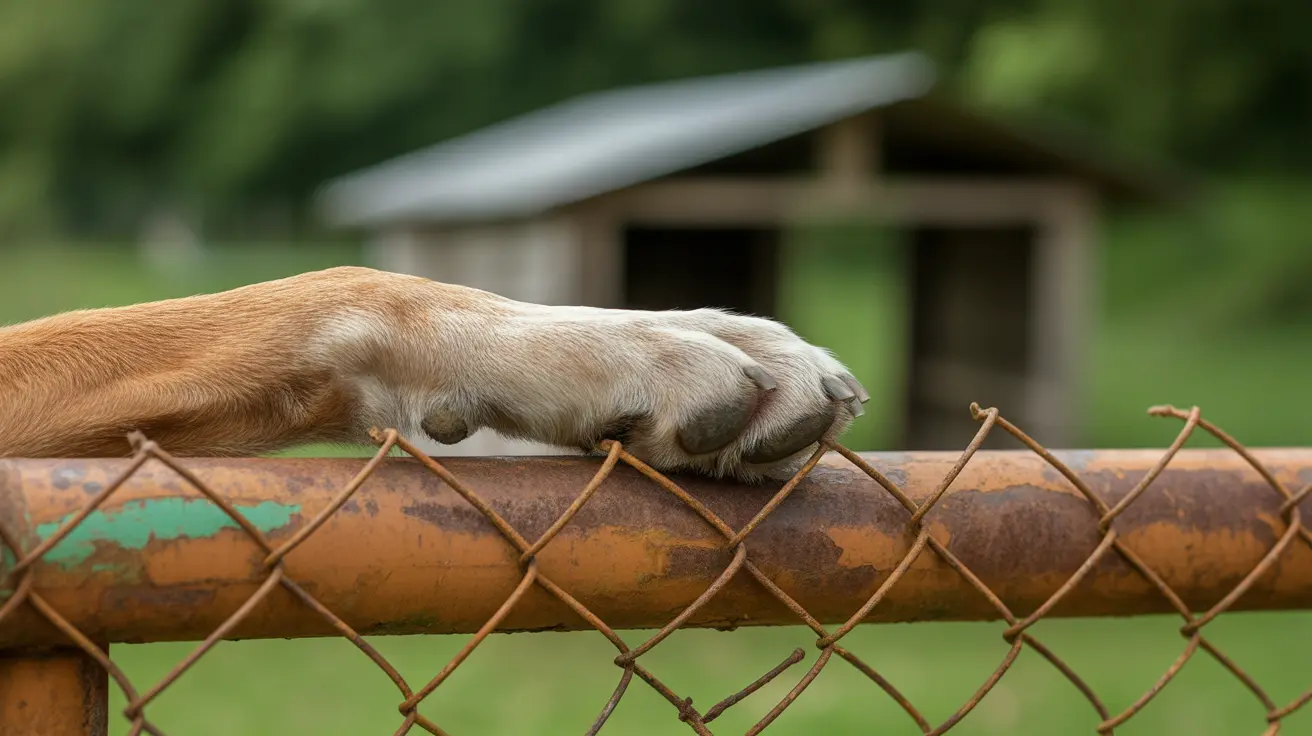When Do Rottweilers Start to Slow Down?
Rottweilers are known for their strength, intelligence, and energetic nature. However, like all dogs, they undergo physical and behavioral changes as they age. Understanding when and why Rottweilers begin to slow down is essential for adapting their care and ensuring a high quality of life during their senior years.
Typical Age When Rottweilers Begin to Slow Down
Most Rottweilers begin to show signs of slowing down between the ages of 6 and 8 years. This is considered the onset of their senior stage, given their average lifespan of 9 to 10 years. Although some individuals may remain active beyond this age, age-related decline becomes increasingly noticeable in most dogs during this period.
Signs Your Rottweiler Is Slowing Down
- Decreased energy during walks or play
- Longer recovery time after physical activity
- More frequent napping or reluctance to exercise
- Stiff joints or slower movement due to arthritis
- Behavioral changes like increased irritability or clinginess
Factors That Influence Aging in Rottweilers
Several variables can affect how quickly a Rottweiler shows signs of aging:
- Genetics: Dogs from long-lived bloodlines may age more slowly.
- Gender: Female Rottweilers tend to live longer than males by about 10 months on average.
- Spaying/Neutering: Research suggests intact Rottweilers may live 1–1.5 years longer; consult a veterinarian for hormone-sparing alternatives.
- Nutrition: Diet significantly impacts vitality. Nutrient-rich, age-appropriate meals help delay aging symptoms.
- Exercise: Regular physical and mental stimulation keeps muscles and cognition sharp.
- Weight Management: Obesity accelerates joint degeneration and other age-related diseases.
Health Issues That Can Cause Premature Slowdown
- Hip and Elbow Dysplasia: Joint malformations contribute to pain and mobility problems.
- Osteoarthritis: Common in older dogs; causes stiffness and reduced stamina.
- Cranial Cruciate Ligament Injuries: Knee problems that worsen with age and activity levels.
- Heart Disease: Conditions like subaortic stenosis can reduce stamina.
- Osteosarcoma: Bone cancer can severely affect mobility and quality of life.
Managing Your Aging Rottweiler
As your Rottweiler enters their senior years, it becomes vital to modify their care routine accordingly:
- Schedule regular vet checkups (at least twice a year) to catch early signs of age-related health problems.
- Adjust exercise routines: Shorter, more frequent walks and low-impact activities like swimming can maintain muscle tone without overstraining joints.
- Provide joint supplements: Glucosamine and chondroitin can support joint health.
- Offer mental enrichment: Puzzle toys, training sessions, and socialization help keep their mind sharp.
- Adapt the environment: Use ramps, soft bedding, and non-slip mats to support comfort and mobility.
Feeding Senior Rottweilers
Dietary adjustments may be necessary as your Rottweiler slows down:
- Lower-calorie formulas: Help prevent weight gain as activity levels decrease.
- Increased fiber: Supports digestion.
- Omega-3 fatty acids: Help reduce inflammation and support cognitive health.
Conclusion
Rottweilers typically slow down between 6 and 8 years of age, though individual factors play a significant role. By recognizing the signs and adapting their care accordingly, you can help ensure your Rottweiler enjoys their golden years with comfort, dignity, and joy. Early veterinary intervention, a suitable diet, and consistent mental and physical stimulation are key to promoting longevity and well-being.





